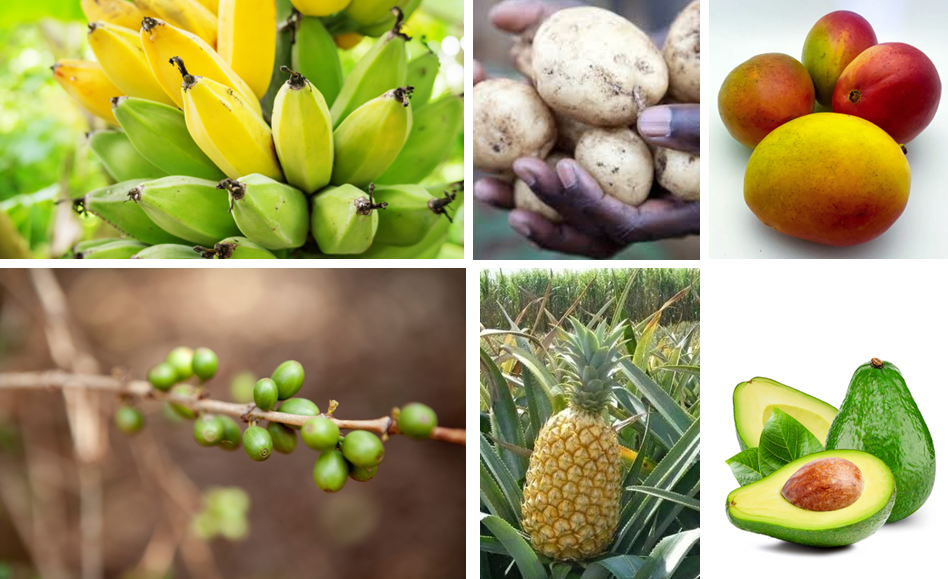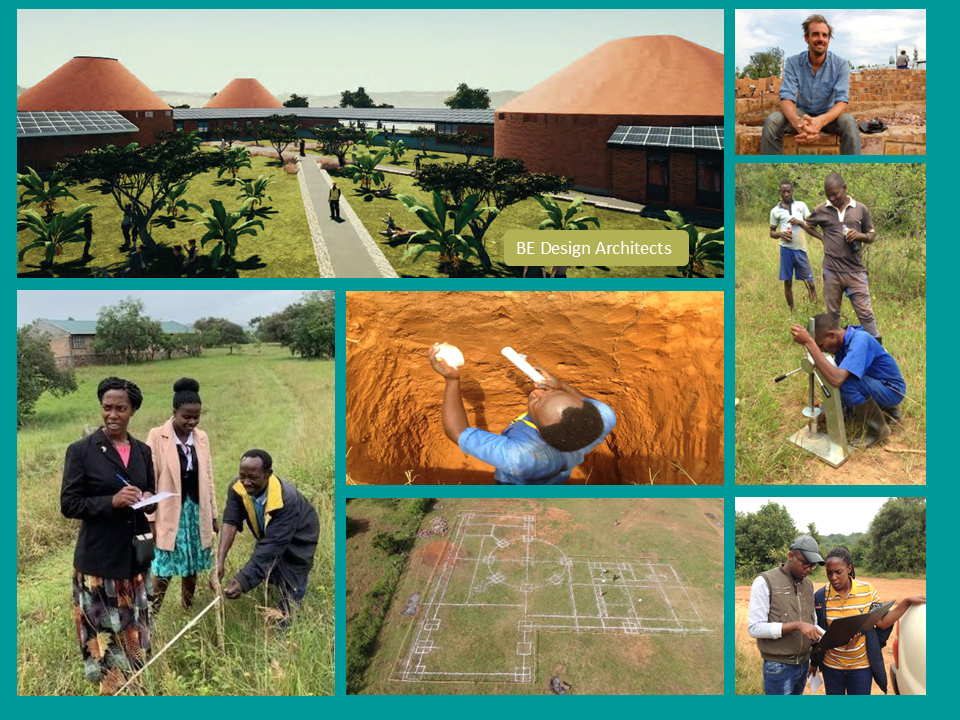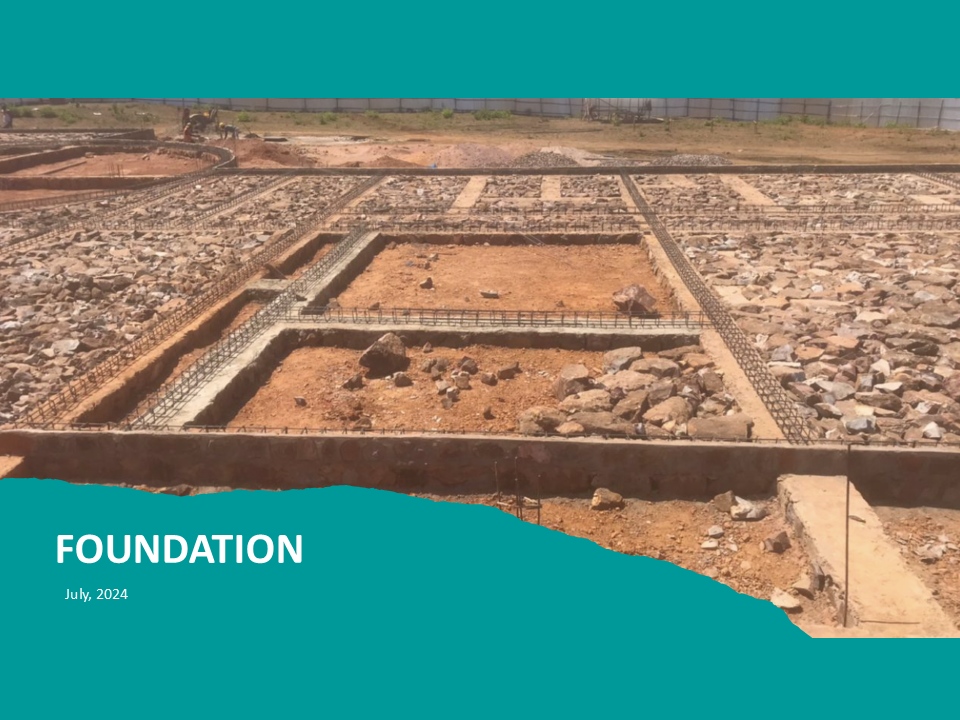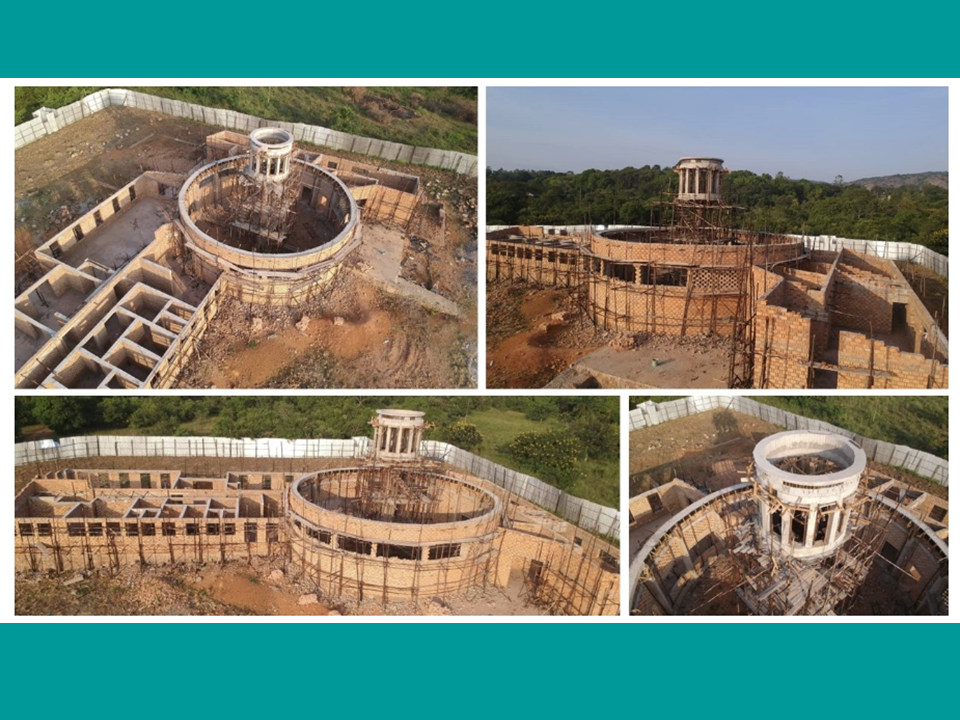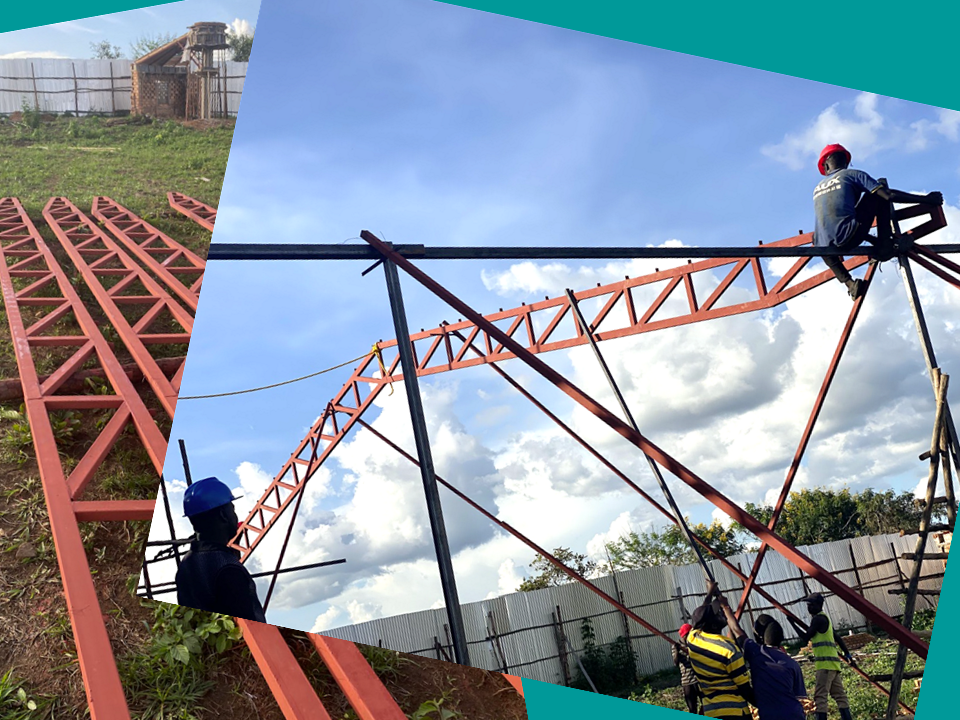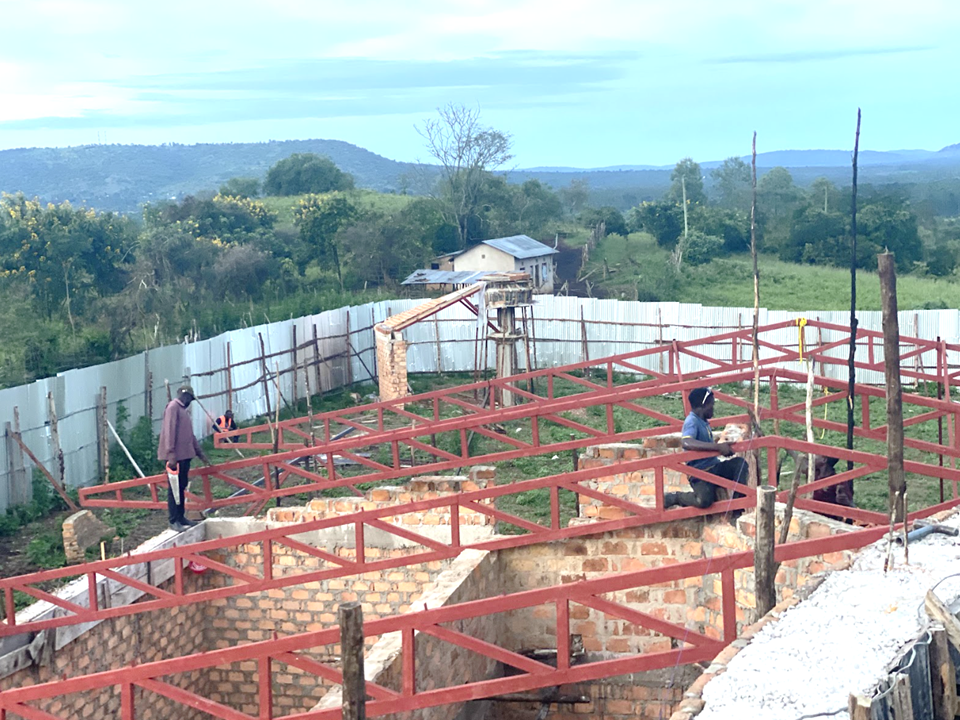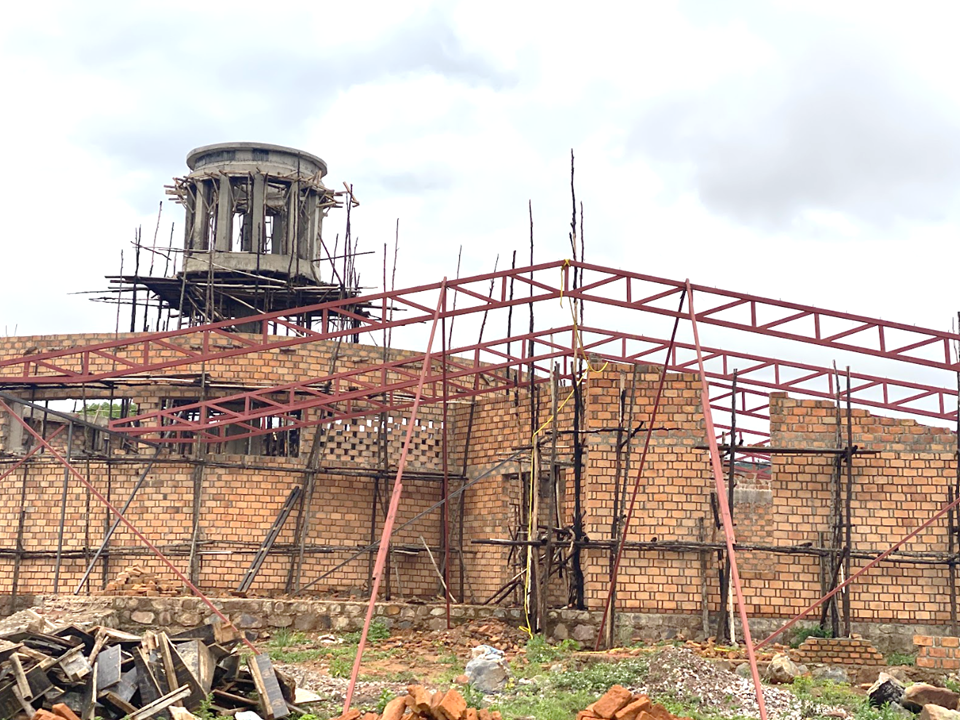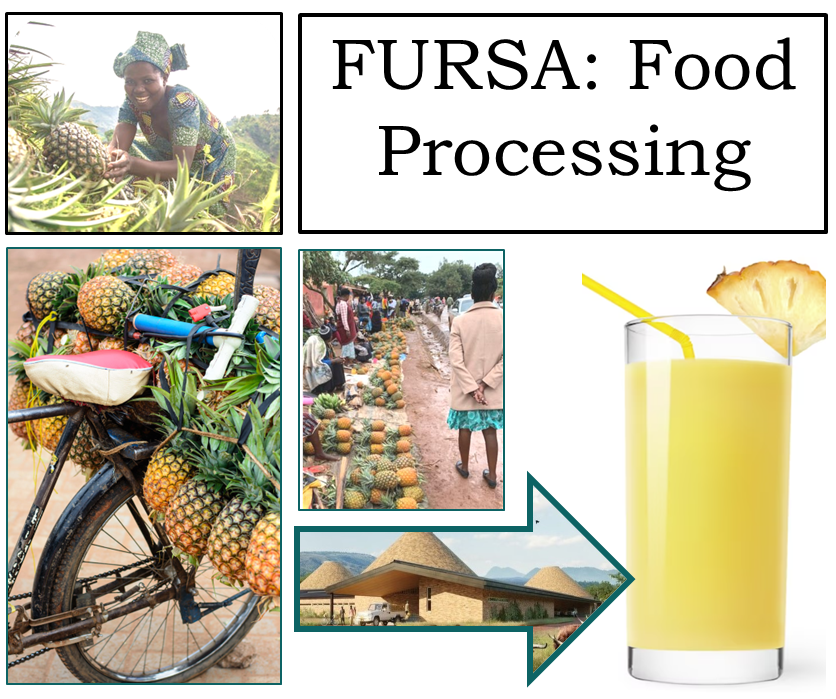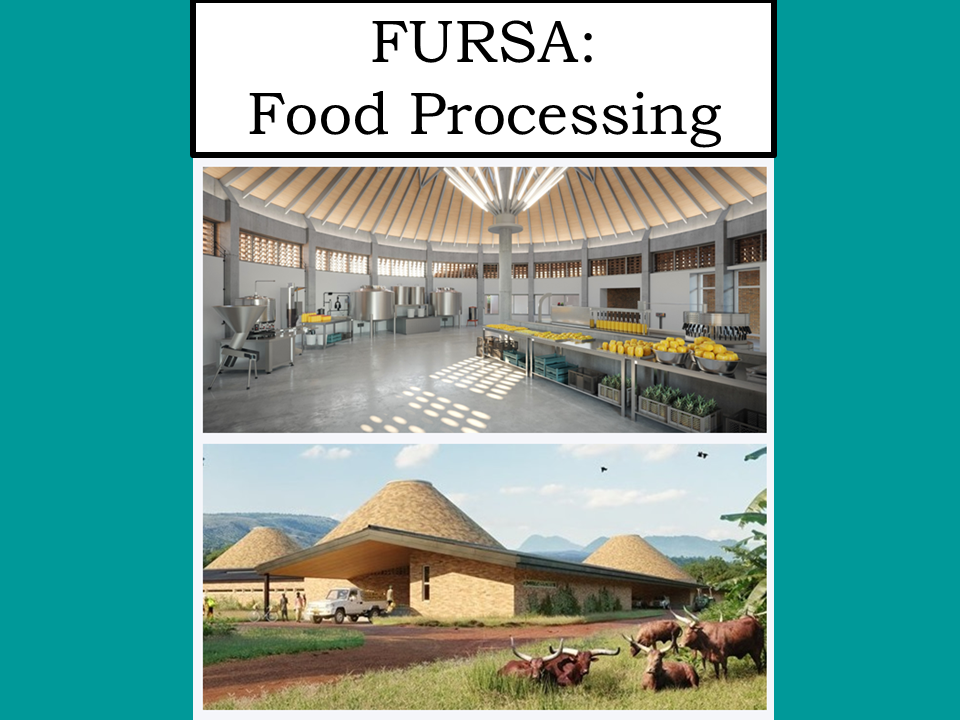The Ticket to Prosperity is Food Processing: Part I
The Ticket to Prosperity in Tanzania is Food Processing
The farmers in the Karagwe District of NW Tanzania produce some amazingly hardy, nutritious, robust, and tasty crops and need a place to process and sell their harvests. Karagwe needs a food processing plant.
The people of Karagwe are exceedingly generous and I’m always tickled to score a pineapple at the church auction or various produce when I visit a small shareholder farm. Each morning, I wish I could bottle the Tanzanian coffee from the ELCT Karagwe Hotel for my morning cuppa after I return to Minnesota. In our early years, Tom Herrmann, Director on the first ETI Board, imported Peaberry beans from Tanzania, had them roasted in batches in Minneapolis and gave them to ETI supporters. I miss those days. Our galas smelled like heaven. I know from the response of the ETI Teams that travel to Karagwe with me, that the fruits and vegetables there are some of the best on the planet.
Banana, potato, mango, coffee, pineapple and avocado.
The global world would love access to products from Tanzania: Karagwe’s delicious pineapple, mango, guava, banana, tomato, cassava, maize, coffee, and ground nuts to name a few. These raw crops present wonderful experiences for the palette, and hold such potential to make juices, dried fruits, canned foods and more. But Tanzania does not yet have a way to create value-added products, to extend the very short shelf-lives of their crops, nor a way to earn income from markets outside their communities. There is a stunning gap in food processing.
Tanzania’s ability to meet the demand for food and the growing demand for more diverse food products is thwarted by the country’s nearly nonexistent food processing sector. Meanwhile, farmers work all day under the hot sun with hand hoes to plant, cultivate and harvest their crops. They endure floods with no drainage, droughts with no irrigation, and pests and weeds with no insecticides or herbicides. They persist. They endure. They work day in and day out and grow enough raw product that would keep food processing plants in business.
Farmers in Karagwe - mostly women - produce ample crops for sale and distribution.
But because there are no processing plants, they bring their crops to local markets. Transportation means walking the 10-20 kilometers to market, or if you’re lucky, biking or hiring a space on a truck or wagon. With no access to outside markets, the markets are overcrowded and attractive to “middlemen” who are ready to scoop up the harvests and pay next to nothing. Most farmers end up being exploited while their hard-earned harvests are sold for a pittance, given away, or discarded. The crop wastage is enormous. Farmers are demoralized. Months of toil without the hoped-for success and reward. Families remain impoverished. In time, communities struggle to provide food and turn to importing from elsewhere which is expensive. Partners in Food Solutions CEO, Mandla Nkomo (2024), and Bloomberg (2023) reported that Tanzania imports $850 million in food products per year while Africa, as a continent, imports $60 billion. It is clear and disturbing that Tanzania does not have a strong and reliable food processing sector.
Farmers struggle to get their crops to markets that are already overcrowded.
Tanzania needs a strong and reliable food processing sector.
Educate Tanzania, Inc. (ETI) is doing its level-best to make that happen.
ETI is a Minnesota-based nonprofit with a 15-year history of transformation in Karagwe. Our mission is to partner with developing communities in Tanzania to promote and sustain economic and social prosperity through education.
We are a professional volunteer NGO and along with our partners, we:
1) helped establish KARUCO College of Agriculture on 1000 acres in Karagwe (accredited with hands-on curricula, full campus, farm plots, livestock and labs);
2) funded 40,000 volumes for the campus media center;
3) helped design and fund the KARUCO Impact Research Study, which showed great success at the college;
4) designed and funded the 25kW Solar Array and Battery Storage that powers up the campus;
5) provided funds for the solar-powered CCTV and streetlights;
6) funded Micro-Enterprise Loans (MELs) to startup businesses in Agriculture with loan repayments that are utilized to start up new businesses;
7) funded the MEL House – to provide lodging for owners of new businesses and provide a business incubator hub;
8) provided assistance during the COVID-19 pandemic (PPE, respirators, sanitary stations; a temporary mortuary that later became a maternity ward);
9) are currently in Phase III of construction of Project FURSA – the food processing plant (trusses and roofing). We could use your support to complete the plant.
ETI’s track record and milestones have provided the foundation for our current work as we help establish a reputable, efficient and profitable food processing plant in Karagwe. To that end ETI partnered with BE Design Architects of New York, traveled to Tanzania together, and collaborated with KAD on the design of Project FURSA (Opportunity in Swahili). KAD hired Elgoodness Civil, the construction crew, an engineering firm and a food processing consultant to carry out the work. BE Design and the BE Design crew in Rwanda oversee Project FURSA, ensuring that all construction meets international standards of architecture.
Bruce Engel, Architect oversees FURSA and construction of the food processing plant.
Project FURSA includes the food processing plant. Hope is palpable.
ETI and her partners are in Phase III of construction - roofing and trusses.
Project FURSA construction.
Trusses and roofing of Project FURSA.
Once built, the plant will increase incomes, ensure fair trade for women and marginalized groups, reduce crop waste, and improve nutrition in the community, especially for children. Through Project FURSA - the food processing plant – ETI is helping pave the way for job creation, advanced training, global market access, economic growth and family stability. There is no reason for a food processing gap in Tanzania and no reason for her people to remain impoverished. You are invited to help change this reality.
As mentioned, FURSA means “OPPORTUNITY” in Swahili. FURSA is the name that the residents of Karagwe chose for the food processing plant. ETI embraced the name and launched planning and construction. A business plan, created by KAD and reviewed by many, is on file. Architectural drawings, geotechnical assessments, renderings, and hiring of crews is complete. Construction is well underway and currently in Phase III – focused on trusses and roofing.
Of the 1.5 million U.S. nonprofits, ETI is in the top 1%. If you donate to nonprofits, ours would be honored to be the steward of your gifts. Thank you for considering ETI.
References
Nkomo, Mandla (2024, Aug 23). Africa’s food processing sector holds the key to a food-secure and prosperous continent. CNBC Africa. https://www.cnbcafrica.com/2024/africas-food-processing-sector-holds-the-key-to-a-food-secure-and-prosperous-continent/
Bloomberg. (2023, Jan 24). Africa needs up to 65 billion in loans yearly to curb food imports. Bloomberg. https://www.bloomberg.com/news/articles/2023-01-24/africa-needs-up-to-65-billion-loans-yearly-to-curb-food-imports?embedded-checkout=true

